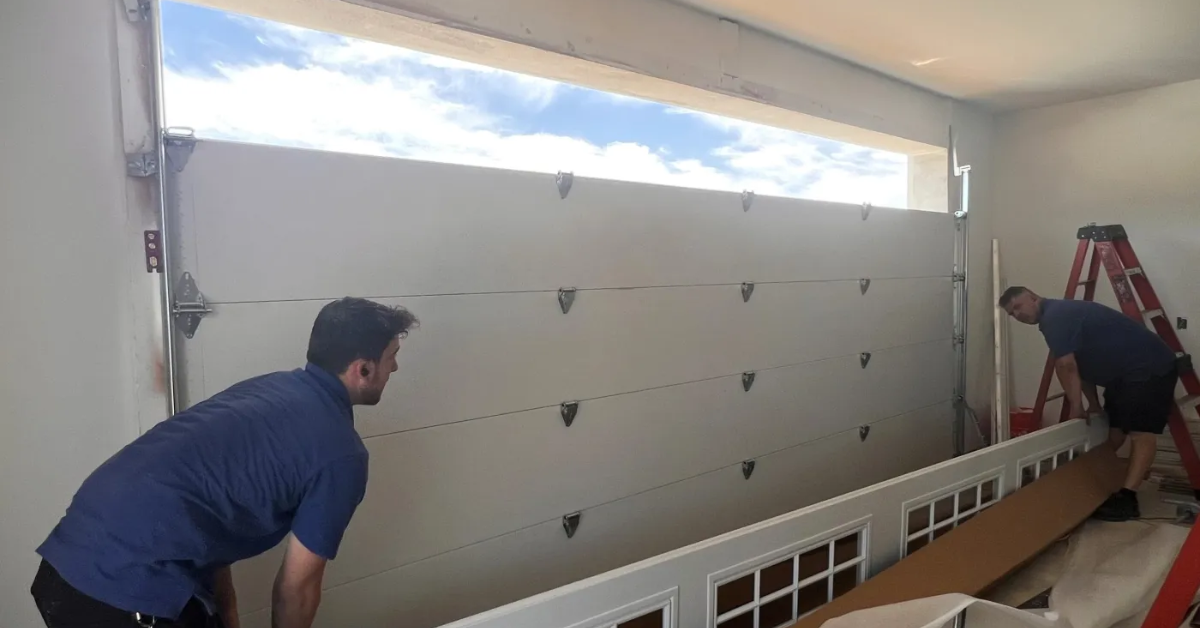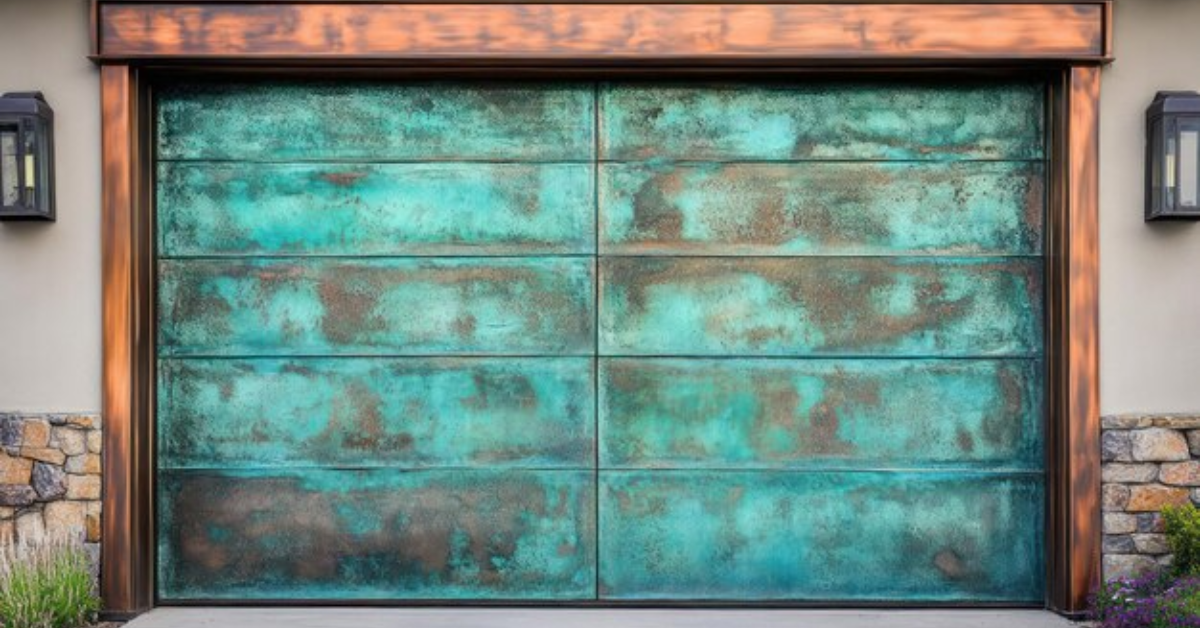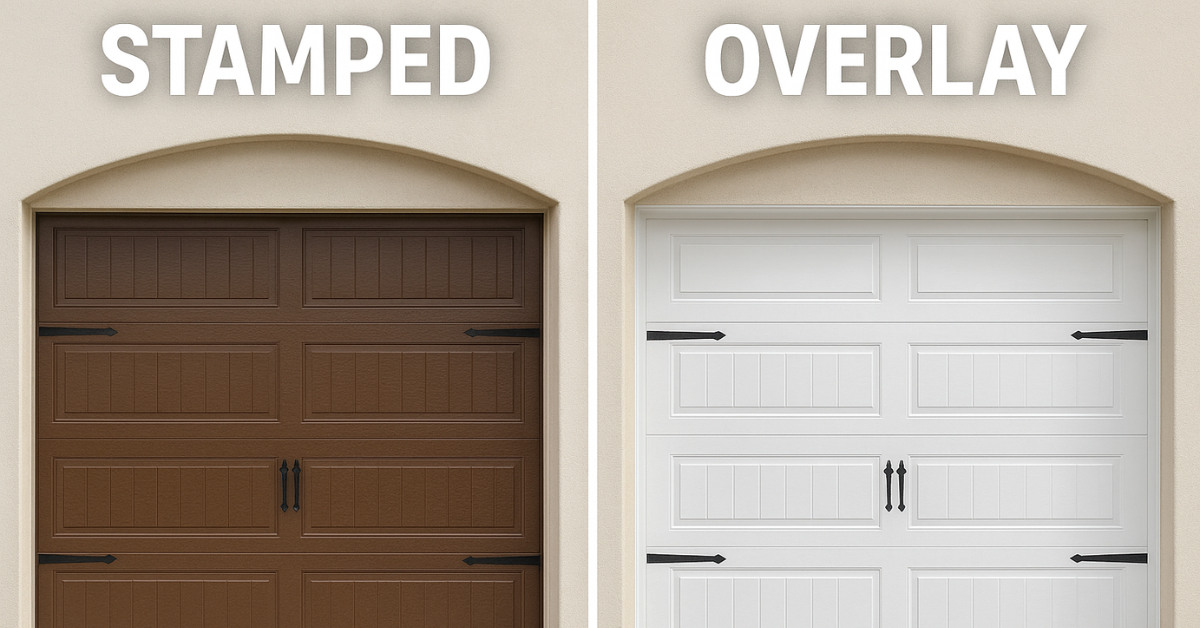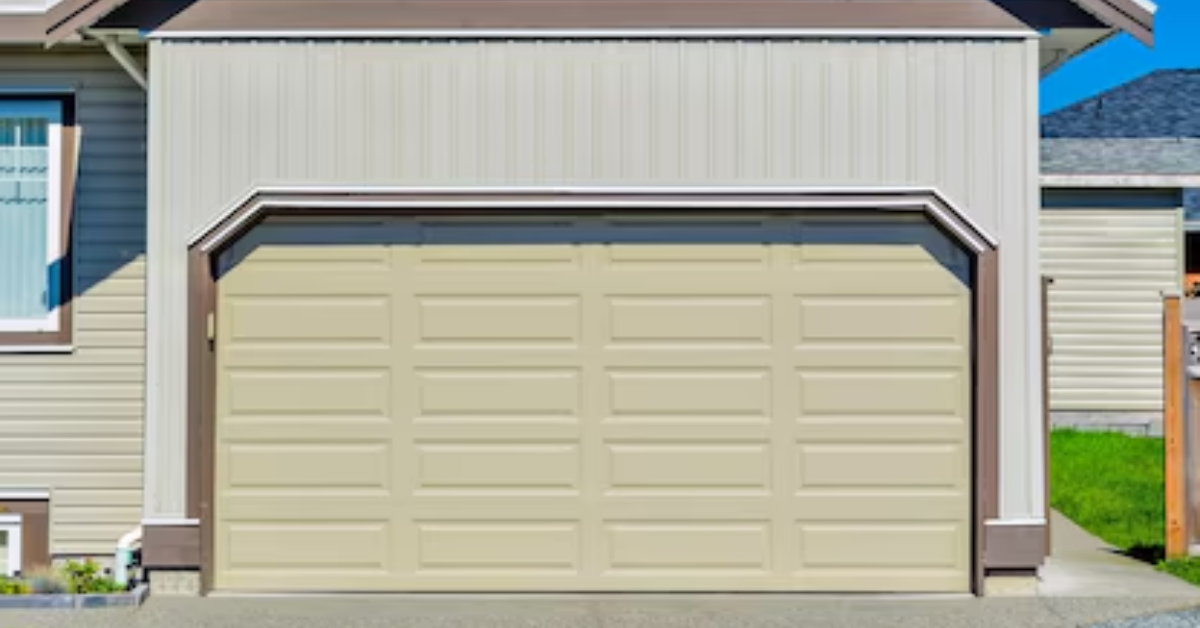Can Garage Door Panels Be Replaced on Older Garage Doors?
Garage doors play a crucial role in the security, functionality, and curb appeal of a home. However, over time, wear and tear can take a toll on the panels of a garage door, particularly on older models. Homeowners often wonder whether it’s possible to replace individual panels on an older garage door rather than opting for a complete door replacement. The good news is that in many cases, garage door panels can indeed be replaced on older doors, but there are several factors to consider before proceeding with the repair.
Identifying Garage Door Structures
To understand whether garage door panels can be replaced on older doors, it’s important to first understand the structure of these doors. A typical garage door is made up of several panels that are connected by hinges and rollers, allowing the door to open and close smoothly. These panels can be made from various materials, including steel, aluminum, wood, and composite, each with its own set of characteristics and durability.
Factors to Consider Before Replacing Garage Door Panels
When it comes to replacing panels on an older garage door, several factors need to be taken into account:
1. Age and Condition of the Door
The age and overall condition of the garage door are critical factors in determining whether panel replacement is feasible. If the door is decades old, the panels may be worn out, the tracks might be misaligned, or the hardware could be outdated. In such cases, replacing individual panels might not be the most cost-effective or safe solution, as the door's overall integrity could be compromised.
2. Availability of Replacement Panels
Another important consideration is the availability of replacement panels. For older garage doors, finding matching panels can be challenging, especially if the manufacturer has discontinued the model or gone out of business. Even if a matching panel is found, it may differ slightly in color or design due to changes in manufacturing processes over the years.
3. Cost of Replacement vs. New Door
Homeowners should also weigh the cost of replacing one or more panels against the cost of a new garage door. While replacing a single panel might seem more affordable upfront, if multiple panels need to be replaced, or if the door’s hardware is also in need of an upgrade, it might be more economical in the long run to invest in a new door.
Steps to Replacing Garage Door Panels on Older Doors
If the decision is made to replace a panel on an older garage door, it’s essential to follow the proper steps to ensure the job is done correctly:
1. Assessment and Measurement
The first step is to assess the damage to the existing panel and measure it accurately. This will ensure that the replacement panel is a perfect fit. It’s also a good idea to inspect the surrounding panels and hardware to make sure there aren’t any other issues that need addressing.
2. Finding a Replacement Panel
Once the measurements are taken, the next step is to find a suitable replacement panel. This might involve contacting the original manufacturer, searching online marketplaces, or consulting with a professional garage door service company. It’s important to find a panel that matches the existing ones in terms of material, color, and design.
3. Panel Removal
Before the new panel can be installed, the damaged panel must be removed. This typically involves disconnecting the door from the opener, releasing the tension on the door’s springs, and carefully removing the panel from the tracks. This step should be done with caution, as garage door components can be heavy and dangerous if mishandled.
4. Installation of the New Panel
Once the old panel is removed, the new one can be installed. The panel must be aligned correctly with the existing panels and securely fastened to the door’s framework. This may involve reattaching hinges, rollers, and other hardware components. Once installed, the door should be tested to ensure it operates smoothly and that the new panel is securely in place.
5. Rebalancing the Door
After the new panel is installed, the garage door should be rebalanced. This ensures that the door operates correctly and prevents uneven wear on the panels and hardware. Rebalancing may involve adjusting the tension on the springs or realigning the tracks.
Benefits of Replacing Garage Door Panels on Older Doors
There are several benefits to replacing garage door panels on older doors:
Cost Savings: Replacing individual panels can be more cost-effective than replacing the entire door, particularly if only one or two panels are damaged. This allows homeowners to extend the life of their existing door without the expense of a full replacement.
Preservation of Aesthetic: For homeowners with older, custom, or unique garage doors, panel replacement allows them to preserve the door’s original aesthetic. This is particularly important for historic homes or homes with specific architectural styles.
Improved Functionality: Replacing damaged panels can restore the functionality of the garage door, ensuring that it operates smoothly and efficiently. This can also improve the door’s security and insulation, leading to energy savings and enhanced home safety.
When to Consider a Full Door Replacement
While panel replacement is a viable option in many cases, there are situations where a full door replacement might be the better choice:
- Extensive Damage: If multiple panels are damaged or if the door’s hardware is severely worn, replacing the entire door may be more practical.
- Outdated Technology: Older garage doors may not be compatible with modern garage door openers or safety features, making a full replacement necessary.
- Aesthetic Overhaul: If the garage door is outdated or no longer matches the home’s exterior, replacing the entire door can give the home a fresh, updated look.
Conclusion
Garage door panels can be replaced on older garage doors, but the decision to do so should be based on careful consideration of factors such as the door’s age, the availability of replacement panels, and the overall cost. For homeowners looking to extend the life of their garage door, panel replacement can be a cost-effective and aesthetically pleasing solution. However, in cases of extensive damage or outdated technology, investing in a new garage door might be the best option for ensuring long-term functionality and safety.




